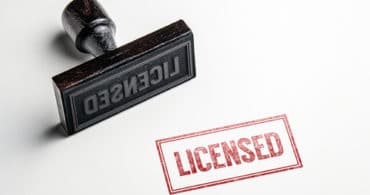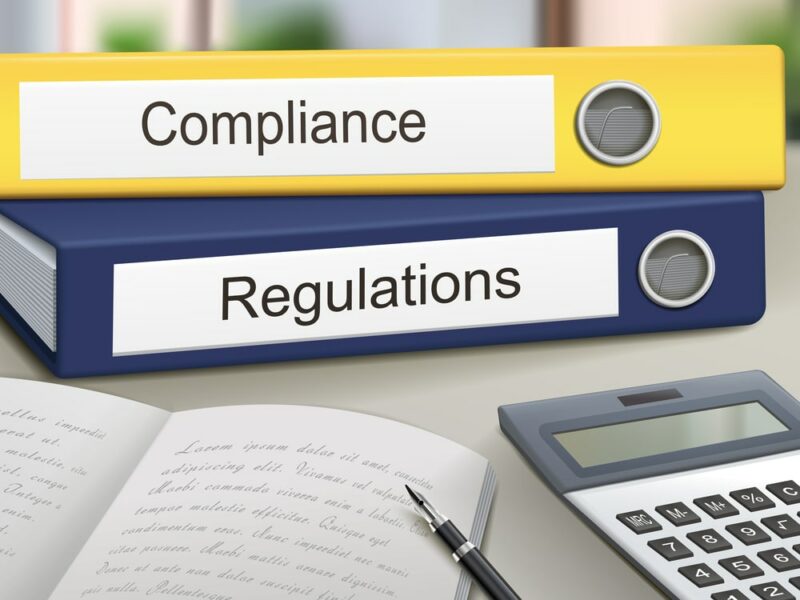Landlords: How to Avoid Fines for Non-Compliance with Lettings Legislation
Property industry reports reveal that local authorities and Trading Standards enforcers are starting to take an even stricter line when it comes to making sure private landlords are compliant with regulations, leaving some rental property providers with fines ranging from £48,000 to £330,000 due to failures.
Property industry reports reveal that local authorities and Trading Standards enforcers are starting to take an even stricter line when it comes to making sure private landlords are compliant with regulations, leaving some rental property providers with fines ranging from £48,000 to £330,000 due to failures.
In three recently reported cases, lettings legislation compliance failures have led to landlords being fined up to £330,000. And with 100 local councils being given an extra £4million to deal with rental sector enforcement, it would seem that the pressure really is on for landlords to ensure they are adhering to rental sector laws.
Compliance with legislation a fundamental aspect of property management
Compliance with legislation such as the Housing Health and Safety Rating System (HHSRS), Right to Rent, fire safety regulations, smoke alarm regulations and electrical safety standards is a fundamental aspect of property management. Landlords have a legal responsibility to ensure the accommodation they provide is safe and habitable, and there is a growing raft of legislation with which to comply if fines are to be avoided.
Keeping track of the condition of a property during a tenancy is vital if landlords are to ensure their tenants remain safe.
Mid-term inspections are highly advisable as, whilst tenants are encouraged to report any issues, they tend to only bring the more serious ones to the attention of the landlord or property management company, leaving the less pressing problems until it is too late and they have developed into major issues.
The merits of property inspection reports
Mid-term inspections are also valuable to landlords in terms of showing them how well their tenants are taking care of their properties, and whether they are complying with the terms of the tenancy agreement. Red flags such as evidence of sub-letting, smoking and keeping pets could all be revealed, allowing landlords to make a decision as to whether appropriate action needs to be taken.
As well as mid-term reports, a check-in and inventory report, complete with photographic or video evidence, will provide landlords with evidence that their properties were in good, safe and legal order at the start of a tenancy, with the likes of smoke and carbon monoxide alarms in place, and electrical and gas safety inspections carried out.
Easing the burden of landlord compliance with help from homes2let
Ensuring compliance with ever-changing lettings industry legislation and avoiding fines can be a real headache for landlords, especially with so many other issues to contend with.
If you’d rather not concern yourself the legal compliance side of your buy-to-let investment, why not hand over your property management responsibilities to homes2let, and at the same time take advantage of our guaranteed rent scheme?
Not only will we take care of your regulatory compliance, we’ll also handle all your day to day maintenance, arrange all the necessary property inspections, source and reference tenants, and guarantee your rent every month, even during void periods.
To learn more about how we can make your life more straightforward as a buy to let investor and remove the burden of legal compliance from your shoulders, please get in touch with our helpful team.
Related Insights

Everything a Landlord Needs to Know About Trees
Trees are beneficial to the environment, and can be an attractive feature in any garden. But when they grow to towering heights and start blocking light or the roots start causing issues, problems can ensue. For landlords and tenants, the lines of responsibility when it comes to trees can often become blurred. Here we look at landlord’s responsibilities for trees, as well as general rules and regulations for property owners.

What Happens When the Croydon Selective Licensing Expires in October 2020?
The current selective licensing scheme that applies to privately rented properties in Croydon is set to come to an end on 30 September 2020. The question for landlords Croydon wide is, what happens next?

Exposed: The Lesser Known Costs of Being a Landlord
Landlords new to the buy to let environment are wise to take a step back and think about the true costs involved in letting a property, some of which may not naturally spring to mind when working out ultimate yield. Here we uncover some of the hidden costs of being a landlord, a worthwhile read if you are considering getting into the property market.







